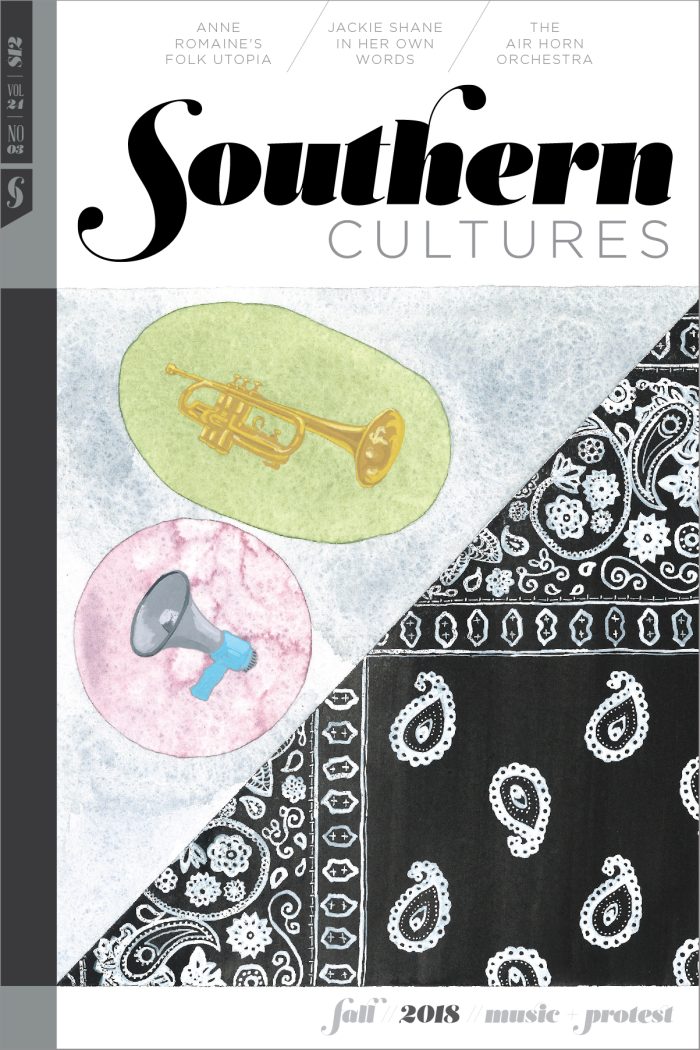Argument
How a Slave Ship was driven by capitalism and racism inside the triangle of the transatlantic slave trade; and of the strange things that befell; and in what manner Nina Simone came back from the dead to her own Country to stop a graduate student on the way to workshop.
* * *
I didn’t recognize her at first,
but felt urgency inside her glittering
eyes—grotesque and morganite,
melting blooms. Her skin, stabbed
with hammered copper, afro nimbus,
the luminous gaze, an X-ray swishing
at my skin with metronomic waves.
Timeworn but regal, her spine
made of satin and salt, her bolted
black back clutching every battle-born
ballad: a lone column of glissandos
and thunder snow, booming and bright.
Come here, she says.
Sorry, I can’t—I’m late. I’m—
I need to tell you something about yourself
Listen, little girl:
For every pain
there is a longer song
The body pours
its own music
I wanted
to play Bach
and Beethoven
for endless encores. But
they wouldn’t let me
and they won’t let you
* * *
The art of tamping—espresso—folding dark meadows inside
my throat: fluttering uvula, lone pink hibiscus in praise.
I unbuckled my trauma
one note at a time
One note at a time
I un-buck-led
my trauma.
Woke up
drenched in cold sweat
and furiously
tried to remember
my only dream:
FINALLY
playing a Bach
cantata at Carnegie Hall
FINALLY
the audience would
shut up and listen
in the way
I needed them to listen to me
All quiet
as fresh snow muffling
early morning trees,
a hushing frost
on the meadow sparkling
with untracked fondant.
But it never happened. They only
wanted cocktail jazz, folk, and blues,
for me to bleed negro, a signifyin(g)
monkey from my classical piano.
They only wanted that Swing low,
Sweet chariot strain, but I smashed it all
together anyway, making and breaking
forms on the bridge between my foice
and finger play. My vinyl sorrow spinning,
spinning the grind against cuspate needle.
My records swarthy as the beloved skin
of Cain, bitten. I silenced the audience
with one long glare
She pauses to show me her famous Midtown stare.
Like a ghost ship, I wandered from stages to states
and countries and colleges, concert after concert.
I unglued
myself
in hotel mirrors
until I disappeared
visions of laser beams
and skin, always skin
sliced with heaven,
lingering scent
of a burnt-out
bulb—still,
incandescent,
the weirdness.
They said my blue note
baritone could find the tiniest sack
of unsent tears inside
anybody. Any body.
Called me Black Bitch: Diva. Demanding. Difficult.
Depressed. Genius. Monster.
They don’t call me that here. Well, not to my face.
I can write about anything I want. I think. Here . . .
here are the dead bodies and bullets in my work.
Here are the four little girls, I say as I hold up my poems.
Look, if you can write about anything you want,
Then write. About. Anything. You want.
Why do you keep panting & hunting black hurt,
black scars like a slave-breaker? Why scratch
the white page, a master, for old blood?
Like a god, you are so thirsty,
hell-bent on carving beauty from dead bodies
from sacrifice on the altar.
Because
I listen to the trees
humming through the Poplar leaves
and Southern magnolias. Bloated faces,
these beauteous forms, still swinging,
limp pendulum, waxy bleach-white blooms,
egg whites inside hardboiled eyes
sway and rock, roll forward, fragrant.
I’m ready to find the ruined churches.
I have a second stomach now. Now
I can look at my dead and listen.
Listen, I’m transcribing the soaked,
splattered leaves—
You sound so tired, my darling . . .
You weary yet?
she whispers in my ear, of creating and fighting . . .
can you stay a dog chained
barking at every threat, out of breath
in the darkness—and the darkness
is always you—panting for more food
to get published, for what? This?
Yes. This:
I need to be here—in the workshop.
I must look them in the face
and tell them when their words
and worlds are making me uncomfortable.
Tell them my body is real—not imagined,
not a prop or sieve or a literary device.
I must tell them that I. Am. Here. You cannot
write around me. The periphery is also mine.
I’m not afraid to take up the space I need to survive.
I’m not afraid to write what I need to survive.
Mmmmm . . . write what you need, ha!
Be careful now. They might snatch that money back real quick
when you start talking revolutionary—
what’s your compulsion?
The Slave Ship :: war machine.
Robert Hayden’s Jesus Saviour Pilot Me.
I can’t talk about the trees
without the blood.
Tiana Clark is the author of I Can’t Talk About the Trees Without the Blood (University of Pittsburgh Press, 2018) and Equilibrium (Bull City Press, 2016). Her writing has appeared in or is forthcoming from the New Yorker, Kenyon Review, American Poetry Review, New England Review, and elsewhere. A shortened version of “The Rime of Nina Simone” first appeared in the Music & Protest Issue (Fall 2019).
Illustration by Natalie Nelson
Editor’s Note: “The Rime of Nina Simone” is excerpted from a poem of the same name in I Can’t Talk About the Trees Without the Blood, by Tiana Clark, © 2018. Reprinted by permission of the University of Pittsburgh Press.


